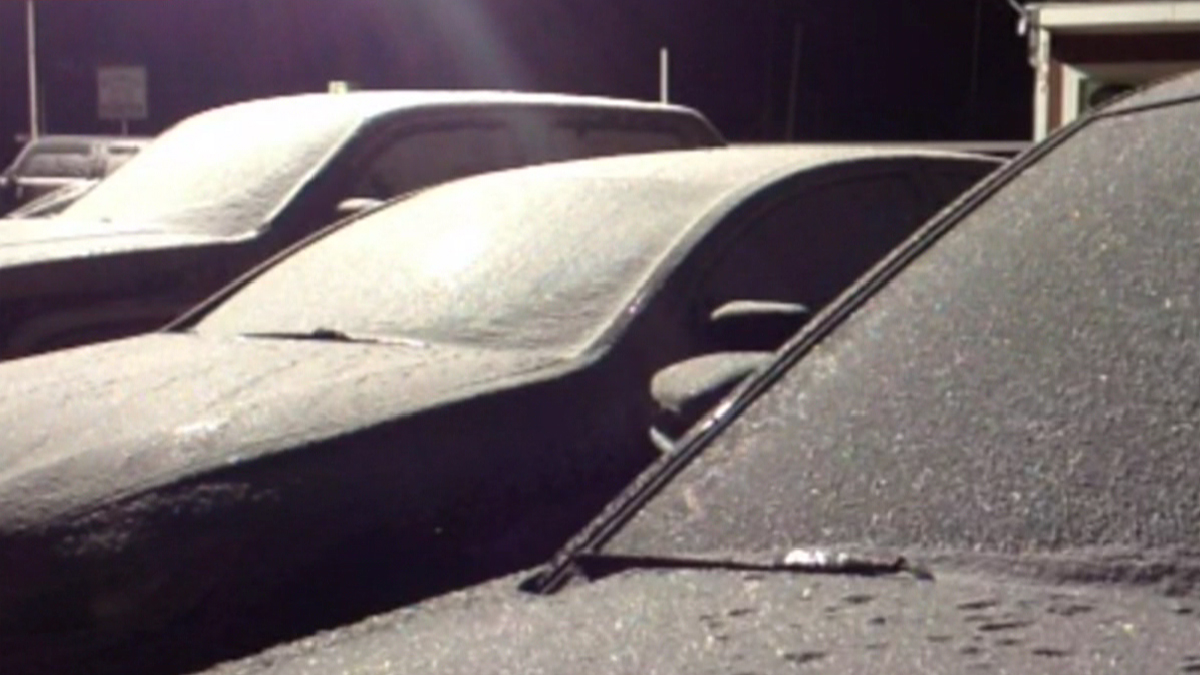Since our first report aired in October, NBC 5 Investigates has learned the number of challenges to books and other reading materials in schools and public libraries has continued to increase – now up to more than 529 separate challenges in the Chicago area.
Most of those challenges – or more than 300 – have come within the last three years.
As part of our research in this months-long investigation, NBC 5 Investigates sent out public records requests to 600 school districts and libraries. We asked each school and library for records of all challenges they’d received concerning books or other material in their libraries and classrooms, including items people wanted removed or banned.
NBC 5 Investigates received responses from 174 public libraries and 289 school districts in the Chicago area. The majority of the books being challenged – 38 percent -- involved books that cover sexual orientation or gender identity topics followed by materials that touch on race, which made up 17 percent of books challenged in the Chicago area.
One of those books includes “The House on Mango Street” written by Sandra Cisneros.
NBC 5 Investigates recently spoke to Cisneros about her book and the challenges it has faced – including facing a ban in states like Arizona.
This is a portion of our conversation:
Local
“Well, I think we’re living in such polarized times, that a lot of times we see people banning books they haven’t even read, they’ve read a portion – maybe an incendiary description. They haven't looked at the totality of it,” Cisneros told NBC 5 Investigates.
Cisneros wrote the book more than 40 years ago and said she was inspired by her teaching in the Pilsen community. She told us she braided together the stories and life experiences of her students into the “The House on Mango Street.” The book, which has won several awards and is required reading for some students, touches on adult themes and sensitive topics including sexual assault.
Feeling out of the loop? We'll catch you up on the Chicago news you need to know. Sign up for the weekly Chicago Catch-Up newsletter.
“I didn't know what to do about their lives. I didn't know how to protect my girls, or my young men, from the violence, or the - the horrible things that were happening that shouldn't be happening to - to any human being, let alone someone still a child,” Cisneros said.
As part of our research, NBC 5 Investigates requested documents regarding some of these book challenges.
An email obtained through a public records request shows that a Peru, Illinois parent emailed LaSalle Peru High School school principal asking that his son be removed from an English class in which “The House on Mango Street” was part of the curriculum.
“My son is currently enrolled in a ‘racist’ critical race theory class,” the parent wrote. “We do not teach our children to be racists by lessons taught in this multicultural class. We need him dropped from this class immediately.”
The school’s principal wrote back, telling the parent that “We absolutely do not teach our students to be racist or intolerant of others.”
In a follow-up email, the parent criticized the book’s content and the school ultimately allowed his son to transfer into another class.
NBC 5 Investigates sent separate emails to the parent seeking comment. When reached by phone, he said the book was one of several he and his wife considered to be “inappropriate for the classroom.”
When asked about the criticism and the content her book has faced, Cisneros said:
“I wrote the book in such a delicate way that there's nothing that would offend anyone if you're not initiated into this issue. So, you know a little child, and children do, read a book that was written for someone a little bit older, but I write about things in a very poetic, lyrical way so that it’s not explicit.”
Cisneros said she likes to hear and respond to her critics and likens her books to medicine – adding that not every book is going to be correct prescription for every person.
“So I hope that people who are a little frightened by it may understand this is the reality of my community, and the power of a book is to be able to see yourself in a skin that isn’t yours and to see people most unlike you, and understand – oh! – that’s me.”
According to our research, by far the most challenged book is “Gender Queer: A Memoir,” whose author said the book was a way to explain to family members and friends what it’s like to be non-binary or asexual. The book does contain graphic illustrations of sex acts, which has led to protests and challenges by parents’ rights groups that have argued it is obscene and pornographic.
The American Library Association said last year it tracked more than 1,200 demands to censor certain library books, an increase from 2021 when more than 700 materials were challenged. Last year’s figure marked the most challenges the ALA has seen since it began tracking that data more than 20 years ago.
NBC 5 Investigates found that figure is clearly an undercount here in the Chicago area.
The ALA said as a result of our original investigation in October, it planned to update its database to include our findings.



